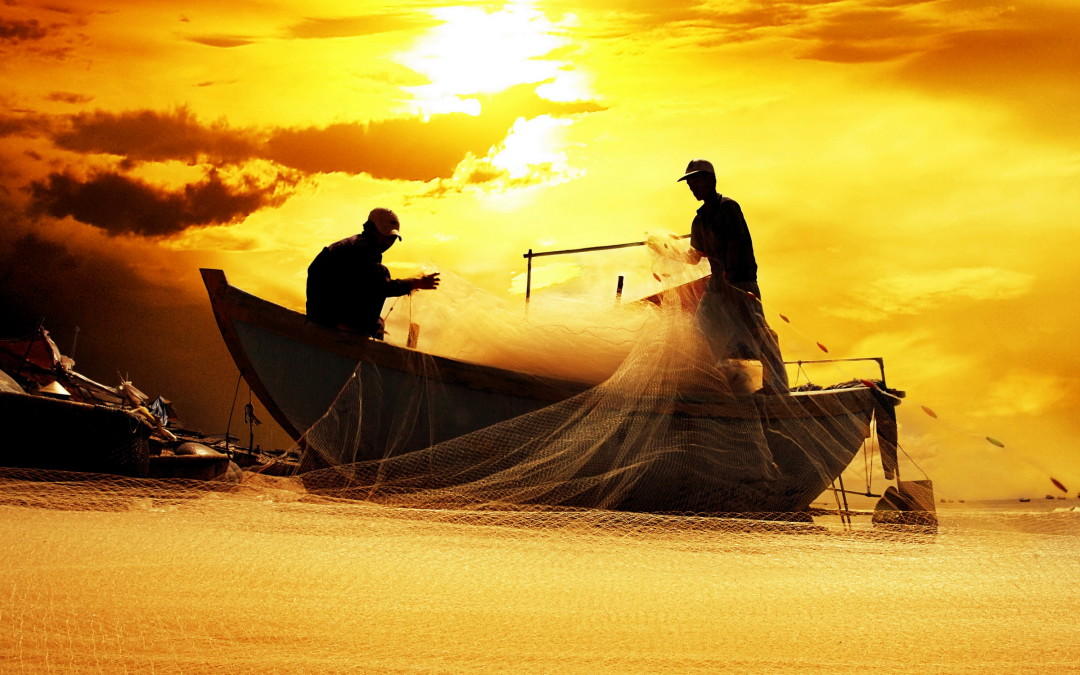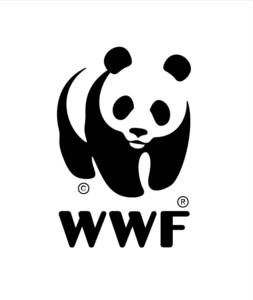Countless small-scale fisheries in developing countries are fighting to survive due to the impact of the COVID-19. The fishing sector is being affected by the impacts of the pandemic through changing consumer demands, market access or logistical problems related with transport and border restrictions.
In some European regions this decreasing is affecting local economies.
SIGNIFICANT DROP IN IMPORTS DURING EASTER HOLIDAYS
According to the EUMOFA last info, compared with previous weeks, both volumes and values of EU imports dropped significantly, during Covid lock-down: volumes decreased by 43% and values declined by 40%.
All main preservation categories (fresh, frozen and prepared/preserved) registered significant drops. Among fresh, whole products were the most affected.
In the last weeks, the volume of fresh products (mainly salmon and cod) imported was 23% lower than in the same period of 2019(1).
DIRE SITUATION, ESPECIALLY IN DEVELOPING COUNTRIES
The COVID-19 crisis has closed down fish markets, supply chains have partly broken down – which means small-scale fisheries can’t sell their product anymore. The crisis not only threatens the small-scale fisheries themselves but everyone working in production and distribution of fish and seafood, which lost their livelihoods and are now fighting to survive. The situation is especially dire for people in developing countries, who neither have the savings nor the infrastructure to weather a crisis of this magnitude.
About 56 Million people depend on the fishing sector (2) – how many of them have lost their income due to the current crisis can’t be estimated yet. In the direction of the concern the Fish Forward Project – a project that supports sustainable fishing especially in developing countries lead by WWF and co-financed by the European Union: “Many of those small-scale fishing communities with whom we are in contact through the project are heavily affected by the crisis and are fighting for survival – for themselves and their families,“ Sabine Gisch-Boie says, project manager, from WWF Austria.
WWF project managers from Developing Countries report about restricted fishing operations, closed fish markets and closed fish auctions and even implications on food security.
‘We have noticed disruptions in fish trading, especially on fish auctions and restrictions for fishing operations in certain states”, says Vinod Malayilethu, Project Manager of Fish Forward in India.
“Small Scale fisheries are the most affected in the Philippines. The closure of restaurants is lowering the demand for some species like Tuna, and in some cases the markets prices don’t even cover the cost of their fishing operation so this pandemic has put the livelihoods of the handline tuna fishers in peril”, reports Joann Bonondo, Project Manager of Fish Forward in Philippines.
‘’In South Africa the lockdown has had a different impact across the different fisheries sectors. Most impacted are those that primarily supply fresh fish to markets both locally and internationally. For example the majority of West Coast Lobster caught in South Africa is exported to China, with the ban on wild-life trade the market essentially collapsed leaving fishers without an income”, describes Monica Betts, Project Manager of Fish Forward in South Africa.
WHAT CAN EUROPEAN CONSUMERS DO TO HELP?
„Now and especially after the crisis it is important that consumers choose sustainable fish and seafood products,“ says Georg Scattolin, marine biologist and head of WWF Austria’s international program, „Only sustainable fishing and sustainable aquaculture ensures the conservation of this crucial resource that provides the livelihood for 800 millions of people around the globe.“
(1) EUMOFA’s weekly data and trends analysis, Week 16
(2) FAO (Food and Agricultures Organization of United Nations) the stage of the world fisheries on aquaculture 2016. Sofia
















